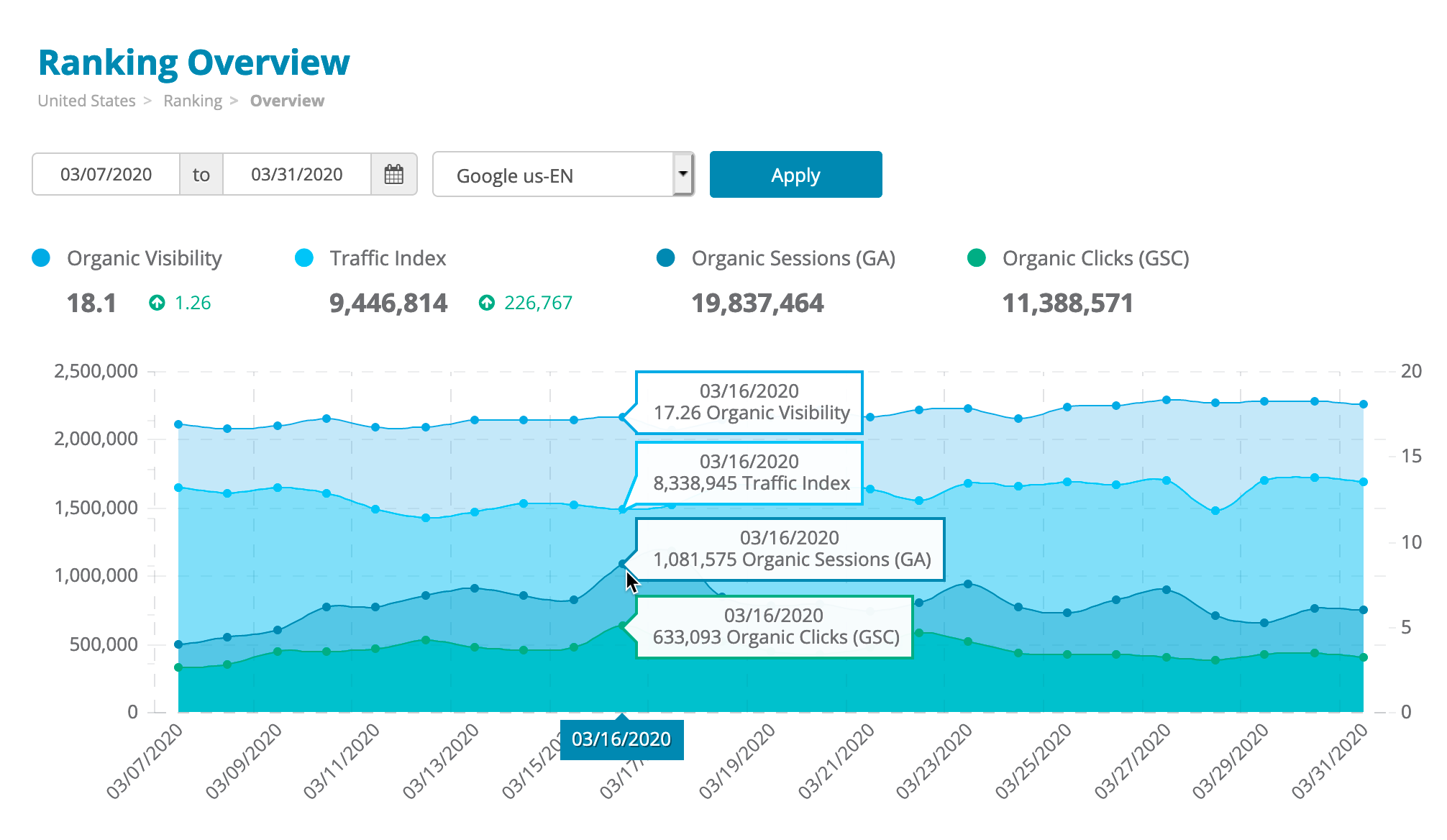In today's digital era, testing your website ranking is crucial for maintaining a strong online presence. Businesses and individuals alike need to understand how their websites perform in search engine results. By mastering website ranking tests, you can significantly enhance visibility and attract more organic traffic to your site. But where do you begin?
Search engines like Google use complex algorithms to rank websites based on relevance and quality. If your site doesn't meet the necessary criteria, it could easily get lost in the vast sea of online content. Testing website ranking is the key to identifying areas of improvement and ensuring that your site remains competitive in the digital landscape.
This article dives deep into the world of website ranking tests, exploring various strategies, tools, and techniques that can help you achieve better search engine rankings. Whether you're a beginner or an advanced user, you'll find actionable insights and expert advice to optimize your site's performance effectively.
Read also:Assassins Creed 3 An Epic Adventure Awaits Ndash Unveiling A Revolutionary Journey
Table of Contents
- Understanding Website Ranking
- Best Tools for Testing Website Ranking
- The Role of SEO in Website Ranking
- On-Page SEO Techniques
- Off-Page SEO Strategies
- Key Metrics for Measuring Website Performance
- Technical SEO Considerations
- Mobile Optimization and Its Impact
- Analyzing Competitor Rankings
- Conclusion and Next Steps
Understanding Website Ranking
Website ranking refers to the position of your website in search engine results pages (SERPs). Higher rankings mean increased visibility, which can lead to more clicks and conversions. However, achieving top rankings requires a strategic approach that involves understanding how search engines work.
Search engines evaluate several factors when determining website rankings, including content quality, user experience, backlinks, and technical performance. Testing website ranking helps you identify these factors and make necessary adjustments to improve your site's position.
Why is website ranking important? It directly impacts your site's traffic, revenue, and overall success. A well-ranked site not only attracts more visitors but also establishes credibility and trust among users.
Best Tools for Testing Website Ranking
Choosing the Right Tools
With numerous tools available, selecting the right one for testing website ranking can be overwhelming. Below are some of the best tools that offer comprehensive insights into your site's performance:
- Google Search Console: A free tool provided by Google that offers valuable data on your site's search performance.
- Semrush: A powerful SEO tool that provides detailed analytics on rankings, keywords, and competitors.
- Ahrefs: Known for its robust backlink analysis and ranking tracking capabilities.
- Moz Pro: Offers a suite of SEO tools, including rank tracking, keyword research, and site audits.
Each tool has its strengths, so it's essential to choose one that aligns with your specific needs and budget.
The Role of SEO in Website Ranking
Search engine optimization (SEO) plays a pivotal role in determining website rankings. It involves optimizing your site's content and structure to meet search engine requirements and improve visibility. SEO can be divided into three main categories:
Read also:Dilraba Dilmurat The Rising Star Of Chinese Entertainment
Types of SEO
- On-Page SEO: Focuses on optimizing individual web pages to rank higher in search engines.
- Off-Page SEO: Involves activities outside your website, such as building backlinks and improving brand authority.
- Technical SEO: Ensures your site's technical structure is optimized for search engines and users.
Implementing effective SEO strategies is crucial for testing website ranking and achieving long-term success.
On-Page SEO Techniques
On-page SEO involves optimizing elements within your website to improve search engine rankings. Below are some essential techniques:
Keyword Optimization
Keywords are the foundation of SEO. Use relevant keywords naturally throughout your content, including titles, meta descriptions, headings, and body text.
Content Quality
High-quality, informative, and engaging content is key to attracting and retaining visitors. Regularly update your content to keep it fresh and relevant.
Meta Tags
Optimize your meta titles and descriptions to make them compelling and clickable. These elements influence click-through rates and, indirectly, rankings.
Off-Page SEO Strategies
Off-page SEO focuses on activities outside your website that influence rankings. Building high-quality backlinks is one of the most effective off-page strategies. Here's how you can improve your off-page SEO:
Guest Blogging
Write guest posts for reputable websites in your niche to gain exposure and backlinks. Ensure the content adds value to the audience.
Influencer Collaboration
Partner with influencers in your industry to amplify your reach and credibility. Their endorsement can boost your site's authority and rankings.
Social Media Promotion
Share your content on social media platforms to increase visibility and drive traffic. While social signals don't directly impact rankings, they can lead to more backlinks and shares.
Key Metrics for Measuring Website Performance
Tracking the right metrics is essential for testing website ranking effectively. Below are some key metrics to monitor:
- Organic Traffic: Measures the number of visitors coming to your site through search engines.
- Bounce Rate: Indicates the percentage of users who leave your site after viewing only one page.
- Conversion Rate: Tracks the percentage of visitors who take a desired action, such as making a purchase or filling out a form.
- Ranking Position: Shows where your site appears in search results for specific keywords.
Regularly analyzing these metrics helps you identify areas of improvement and measure the effectiveness of your SEO efforts.
Technical SEO Considerations
Technical SEO ensures your site is optimized for both search engines and users. Below are some critical factors to consider:
Site Speed
Fast-loading websites provide a better user experience and rank higher in search engines. Use tools like Google PageSpeed Insights to identify and fix speed issues.
Mobile-Friendliness
With the majority of users accessing the internet via mobile devices, having a mobile-friendly site is crucial. Test your site's responsiveness using Google's Mobile-Friendly Test.
Structured Data
Implementing structured data (such as schema markup) helps search engines understand your content better, leading to improved rankings and richer search results.
Mobile Optimization and Its Impact
Mobile optimization is no longer optional; it's a necessity. Google's mobile-first indexing means that your site's mobile version is the primary source for ranking. Below are some tips for optimizing your site for mobile:
- Use responsive design to ensure your site adapts to different screen sizes.
- Minimize the use of pop-ups and intrusive interstitials.
- Optimize images and videos for faster loading times.
By focusing on mobile optimization, you can improve user experience and boost your site's rankings in mobile search results.
Analyzing Competitor Rankings
Understanding your competitors' strategies is vital for improving your own website ranking. Below are some steps to analyze competitor rankings:
Keyword Research
Identify the keywords your competitors are ranking for and assess their content strategies. Tools like Ahrefs and SEMrush can provide valuable insights.
Backlink Analysis
Analyze your competitors' backlink profiles to discover high-quality link opportunities. Focus on acquiring similar or better backlinks to improve your site's authority.
Content Gap Analysis
Identify topics your competitors cover that you don't. Creating content around these gaps can help you capture additional traffic and rankings.
Conclusion and Next Steps
Testing website ranking is a continuous process that requires dedication and strategic planning. By implementing the techniques and strategies outlined in this article, you can significantly improve your site's performance and achieve better search engine rankings.
Here's a quick recap of key takeaways:
- Understand the importance of website ranking and its impact on your online presence.
- Utilize the best tools for testing website ranking and tracking performance metrics.
- Focus on both on-page and off-page SEO strategies to optimize your site effectively.
- Ensure technical SEO considerations are addressed to enhance user experience and search engine visibility.
- Analyze your competitors' strategies to identify opportunities for improvement.
We encourage you to take action by implementing these strategies and sharing your progress in the comments below. Additionally, explore our other articles for more in-depth SEO insights and tips to boost your site's success.

